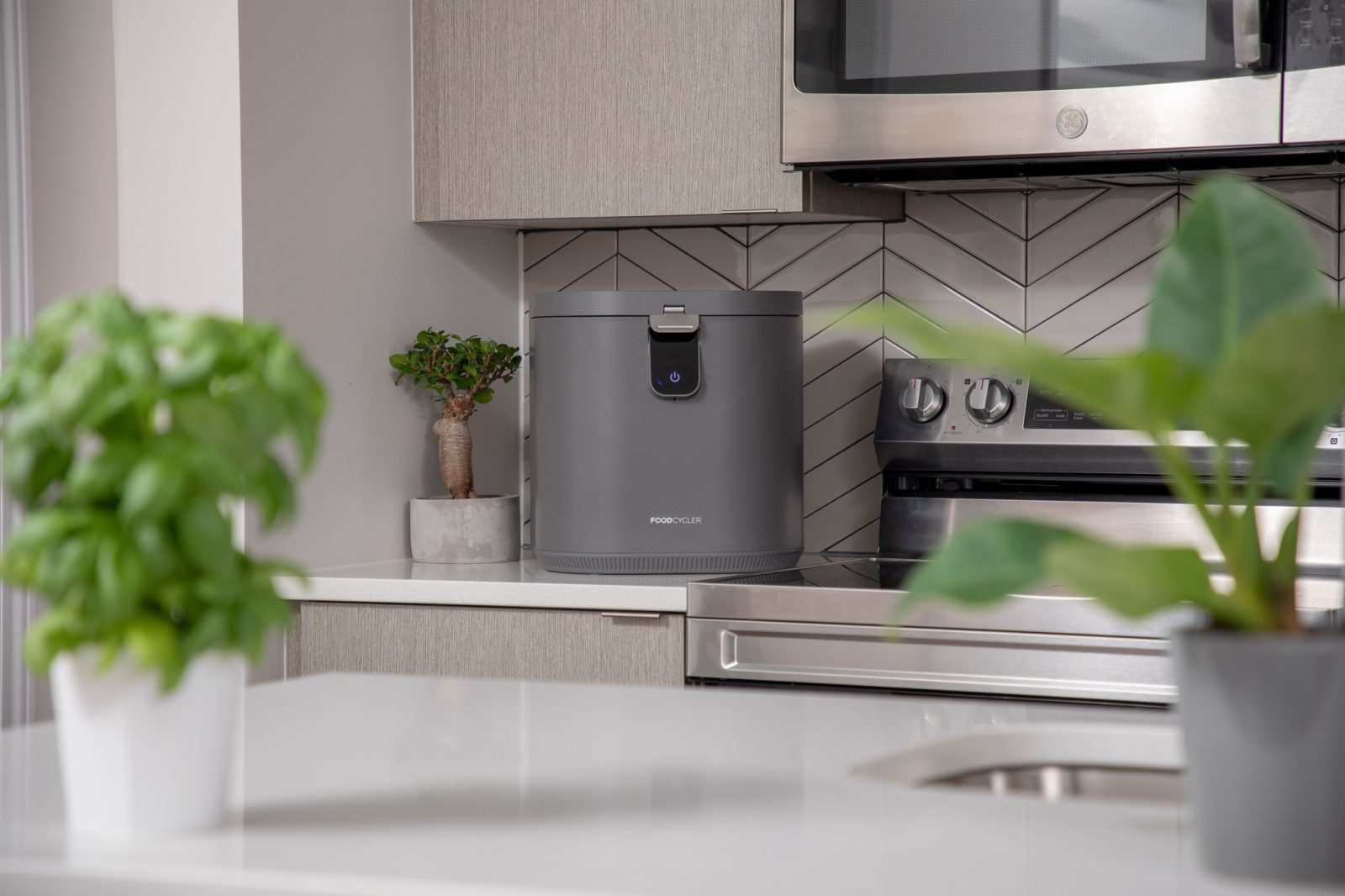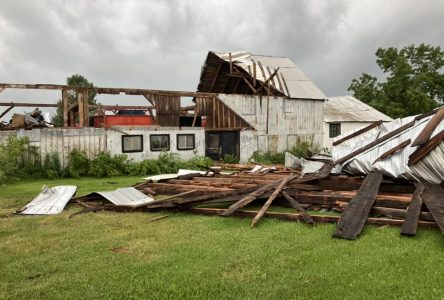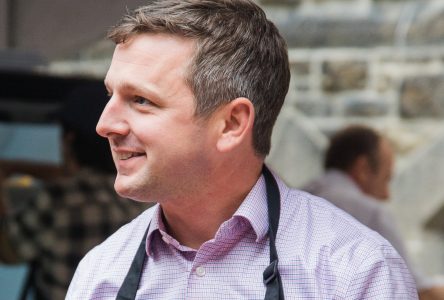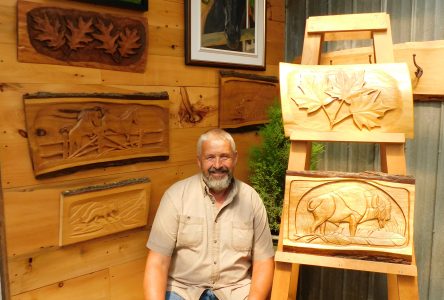Homeowners in Hawkesbury can take part in a pilot project to demonstrate how useful a new food recycling device is for the home.
“It’s a great program,” said Mayor Robert Lefebvre, during a phone interview. “We have one of these at the town hall and it is amazing.”
The mayor referred to the FoodCycler, a compact food recycler that reduces waste food, without causing food odours. Representatives for Food Cycle Science met with Hawkesbury council last month to ask the town to take part in the company’s pilot project to introduce the device for home use and also collection information from homeowners on how the machine helps reduce the amount of their household garbage through recycling of food scraps.
Food Cycle Science already has more than 100 municipalities involved in its Food Cycler pilot project, including East Hawkesbury Township and the City of Clarence-Rockland. The company received a $400,000 Impact Canada grant to help reduce the cost to residents who participate in the pilot project.
Two sizes of Foodyler are available for use at homes in the pilot project: the five-litre Eco5 and the two-litre FC-30. Each takes about eight hours to reduce a full load of food scraps to a nutrient-rich powder that a homeowner can use for garden and lawn fertilizer. The process uses at most about 1.3-kiloWatt hours of electricity.
The Town of Hawkesbury will purchase 150 FoodCyclers, including 75 Eco5 units and 75 FC-30 units. Residents who want to take part in the pilot project can purchase their unit, at a reduced cost, from the municipality.
The pilot project begins January 2024 and lasts for 12 weeks. Residents who take part will receive a kit with tracking sheets and directions on how to provide information on their use of and satisfaction with the FoodCycler. The company also has a municipal support team available to help homeowners deal with any problems with their units.
The cost to the town to buy the 150 FoodCycler units is $16,750. The money will come from surplus funds the municipality now has in its 2023 budget because of the provincial government’s changes to “full producer responsibility” for the Blue Box Program for household recyclable materials.



